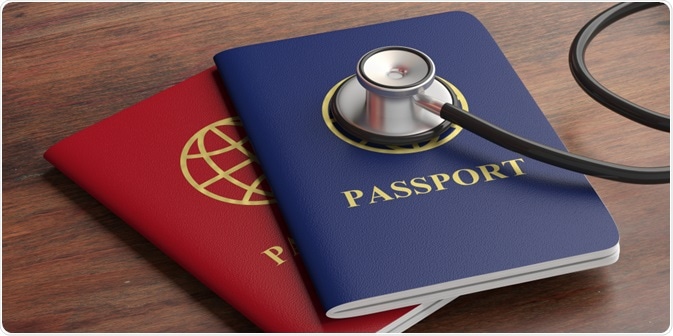Medical Tourism Organizations
As medical tourism gained momentum, it became clear that only multinational and unaffiliated non-for-profit organizations could provide unbiased and safe information on healthcare abroad.
Many different associations work globally to promote quality healthcare standards, develop and facilitate professional medical relationships and services, and fill current voids in the global healthcare infrastructure.
The end-goal of such associations is a higher professional standing of medical tourism in the international healthcare community.

The Medical Tourism Association
The Medical Tourism Association (MTA; also known as Medical Travel Association or Global Healthcare Organization) represents the first membership-based international non-profit trade association for the medical tourism and global healthcare industry. It is made up of the international hospitals, healthcare providers, insurance companies, and medical travel facilitators, but other affiliated companies and members actively participate as well.
The common goal of all of them is to promote the highest level of quality of healthcare to patients in a global environment. According to this primary goal, the Medical Tourism Association is based on three principles: transparency in quality and pricing, communication and education.
This organization is also known for providing educational training, certification, and the other brand-development programs to a myriad of healthcare providers, hospitals, and governments interested in developing a sustainable medical tourism program. It is also committed to raising consumer awareness of international healthcare options. Hence specific initiatives are designed to increase the total volume of consumers who travel for healthcare.
Other organizations
International Board of Medicine and Surgery (IBMS) is an organization that assembles physicians, surgeons, dentists and other healthcare professionals in the global healthcare community interested in establishing and maintaining a professional standard of patient care. They aim to establish Centers of Healthcare Excellence (hospitals or clinics) that meet their proposed rigorous standards.
HealthCare Trip, a tax-exempt nonprofit organization, connects all people interested in healthcare abroad with safe and effective information and accreditation. This organization's mission is to improve and uphold the reputation and safety of the medical tourism industry by promoting only safe practices among member organizations.
European Medical Tourism Alliance (EuMTA) is a not-for-profit organization based in Hungary that represents stakeholders' interests in the medical travel industry, coordinates their activities, and improves patient mobility. One of its aims is to provide a compelling alternative solution for shortcomings in the health care system of the USA, Europe and other parts of the world. EuMTA also adheres to the European Economic Interest Grouping principles designed to facilitate the members' economic activities.
An association of insurance carriers, insurance agencies, third-party administrators and related businesses engaged in travel insurance and travel assistance products in the USA is known as The US Travel Insurance Association (UStiA). Their goal is that travelers have affordable access to travel protection and travel assistance.
Sources
- www.uncp.edu/…/organizations-promote-medical-tourism
- http://eumta.org/
- http://www.ustia.org/
- http://www.healthcaretrip.org/aboutus.php
- Hodges JR, Turner L, Kimball AM. Risks and Challenges in Medical Tourism: Understanding the Global Market for Health services. ABC-CLIO LLC, Santa Barbara, California, 2012.
Further Reading
- All Medical Tourism Content
- Medical Tourism – What is Medical Tourism?
- Medical Tourism History
- Medical Tourism Risks
- Employer-Sponsored Medical Tourism
Last Updated: Jan 22, 2021

Written by
Dr. Ananya Mandal
Dr. Ananya Mandal is a doctor by profession, lecturer by vocation and a medical writer by passion. She specialized in Clinical Pharmacology after her bachelor's (MBBS). For her, health communication is not just writing complicated reviews for professionals but making medical knowledge understandable and available to the general public as well.
Source: Read Full Article
